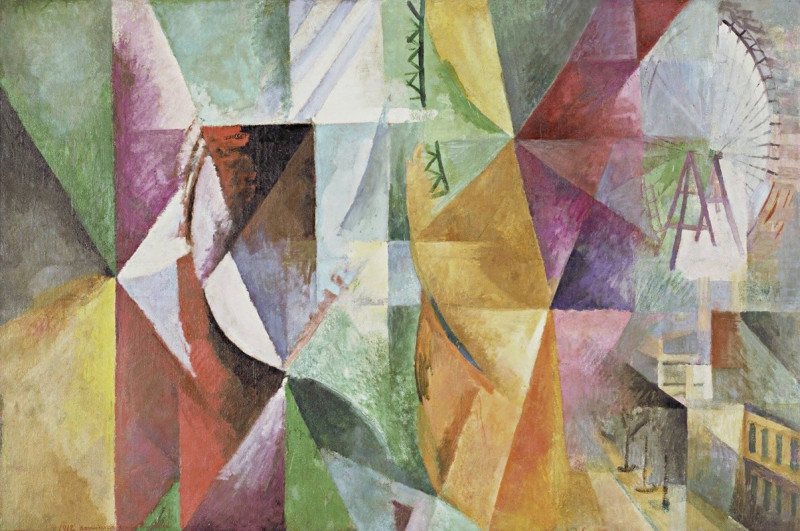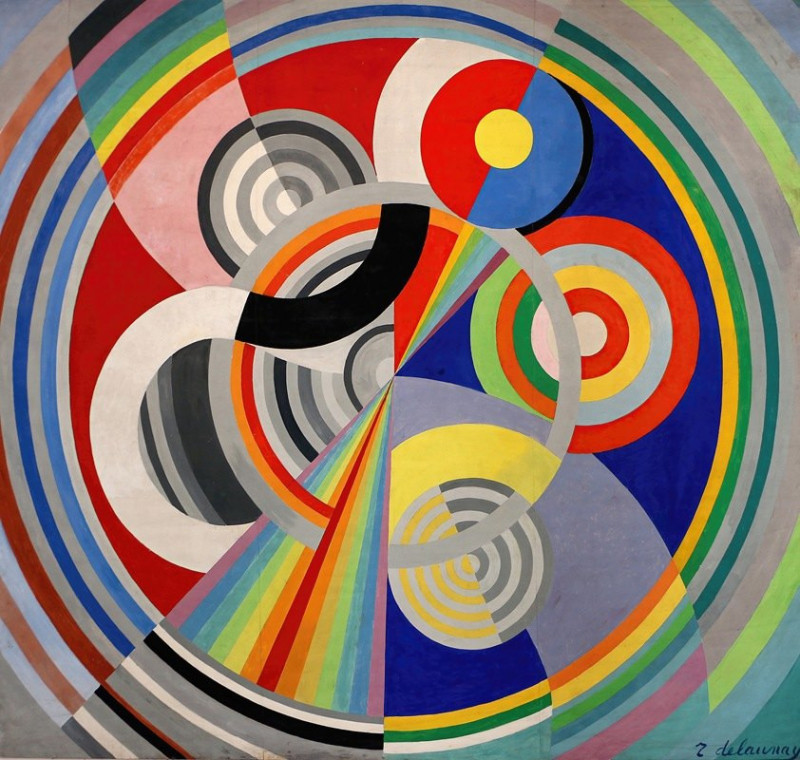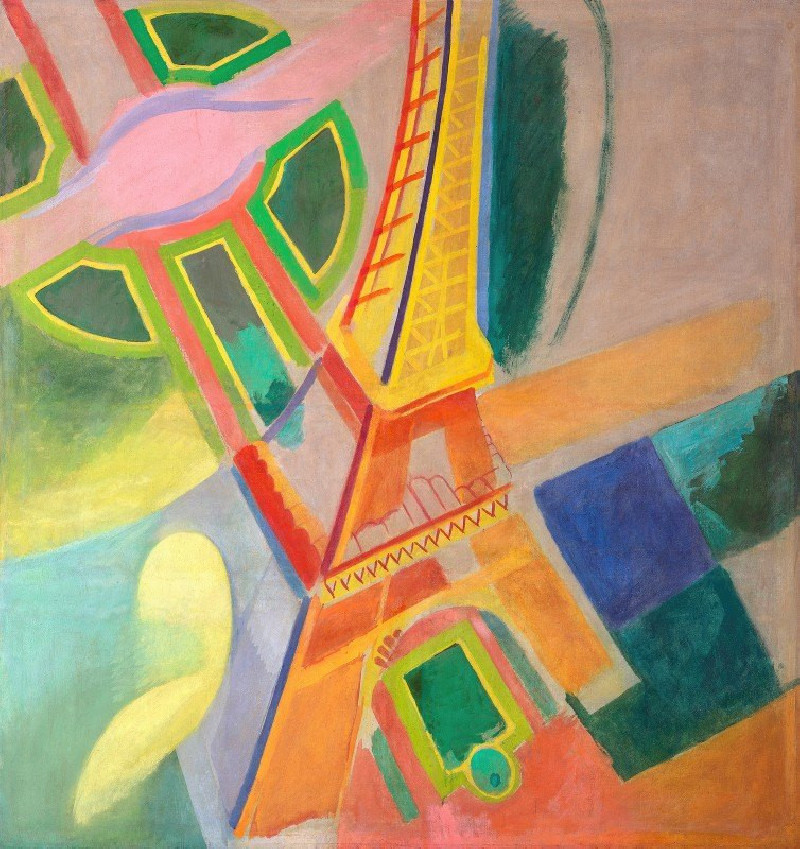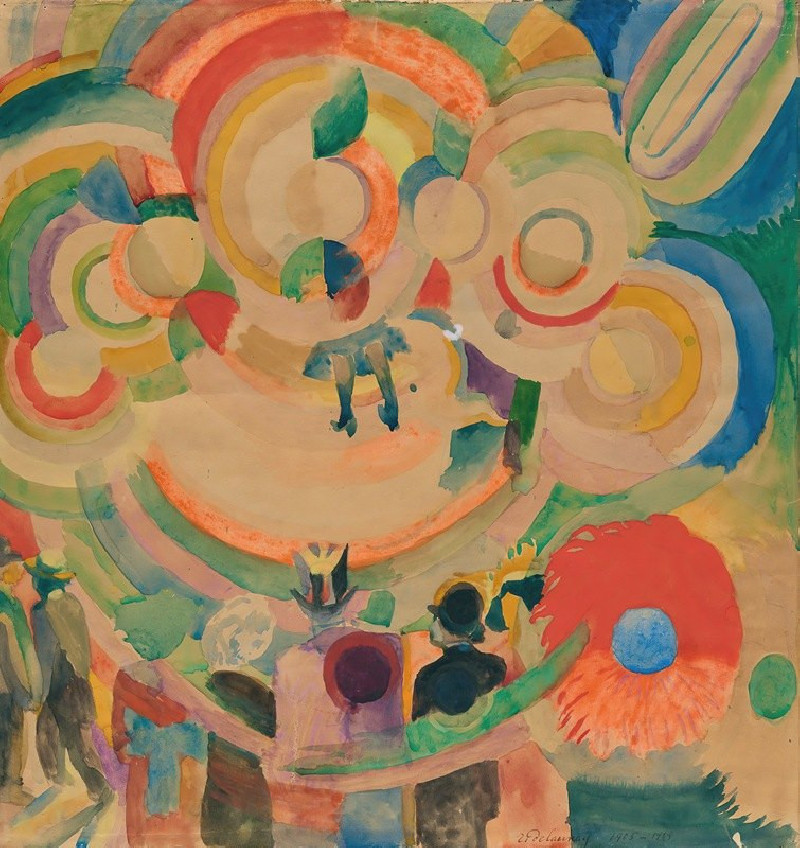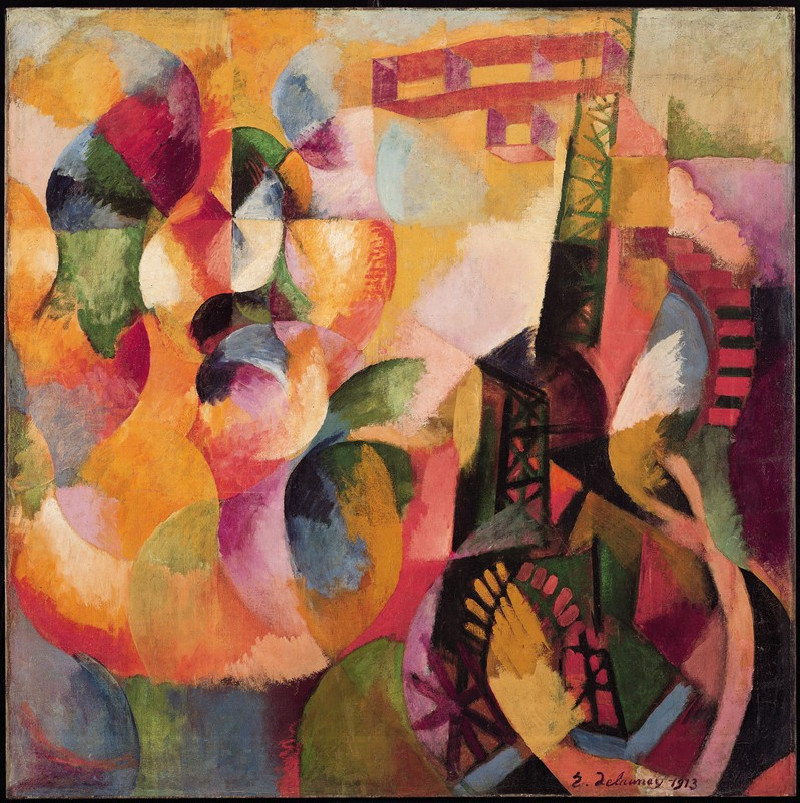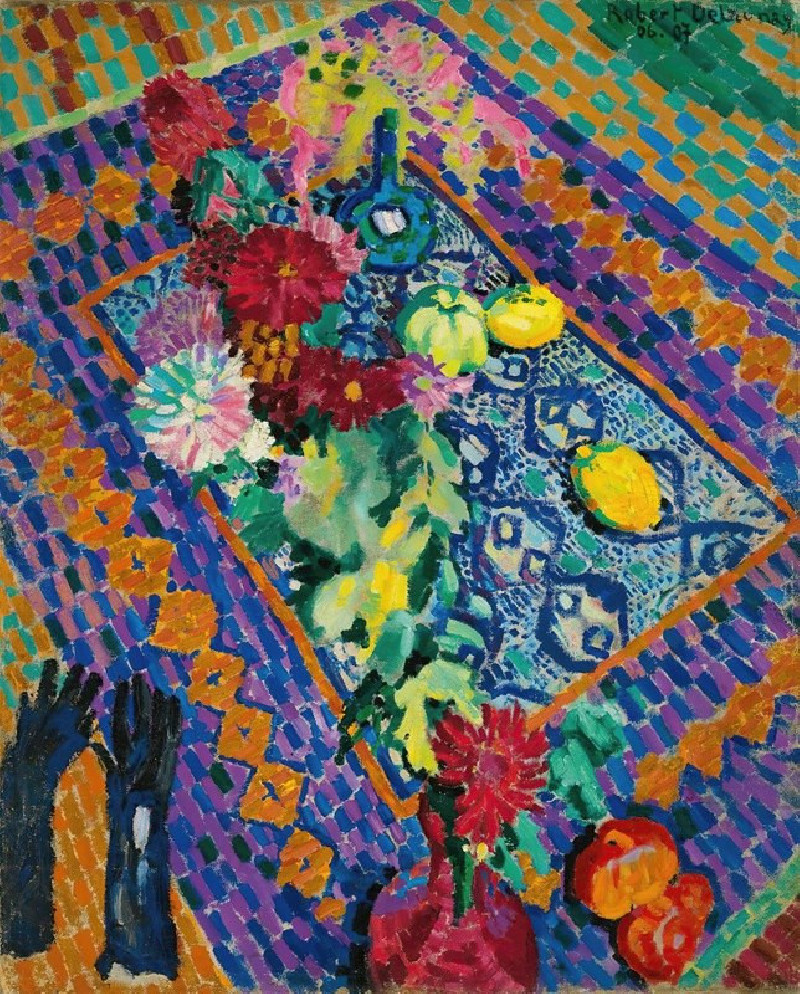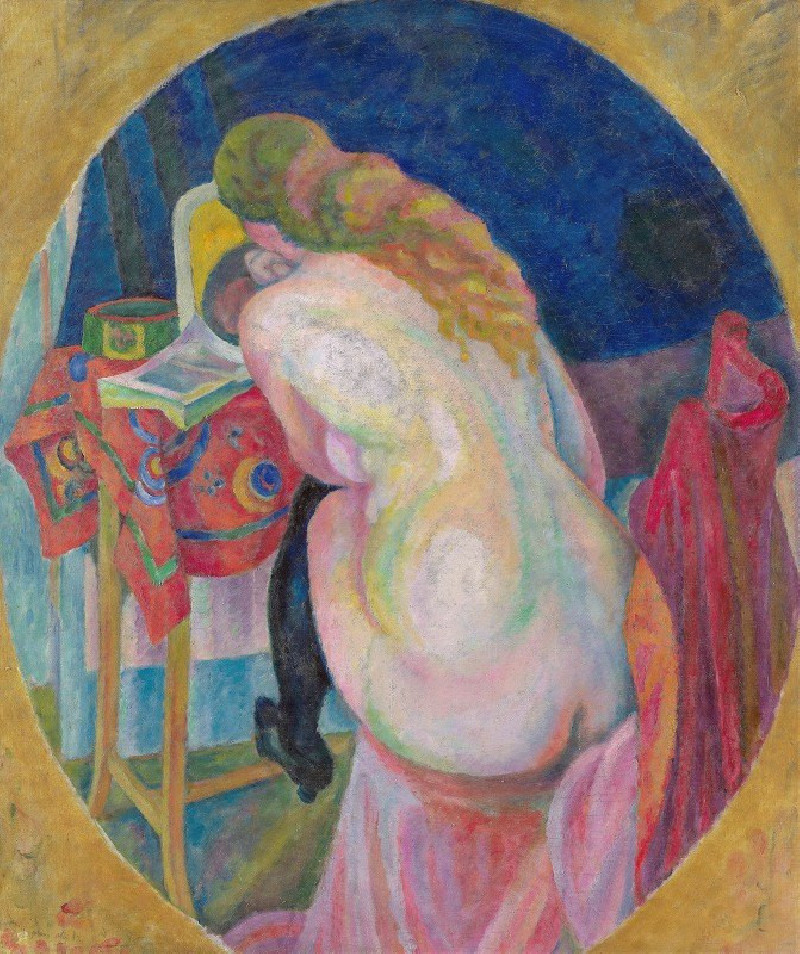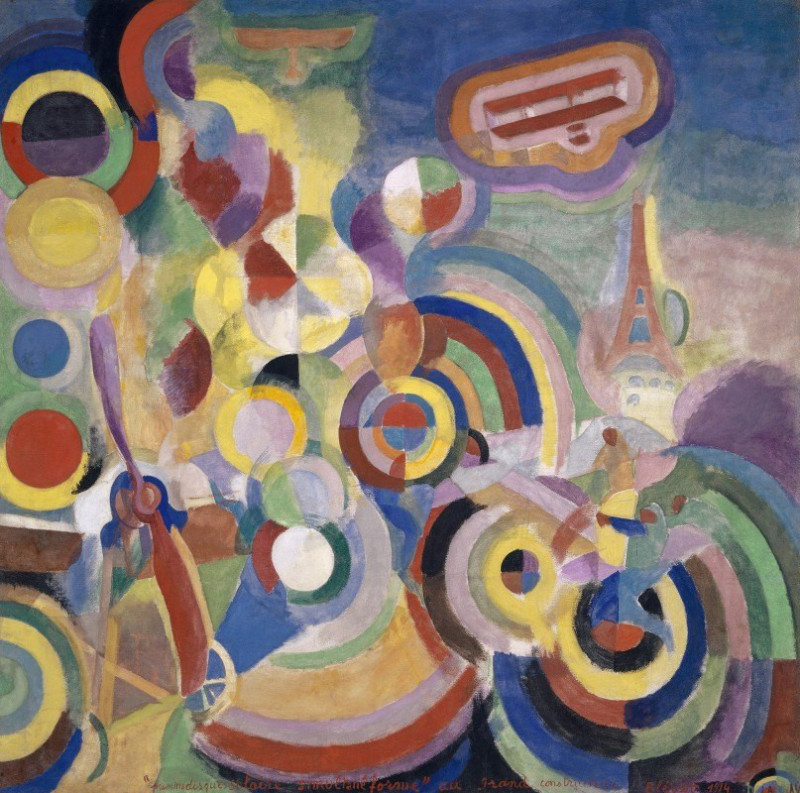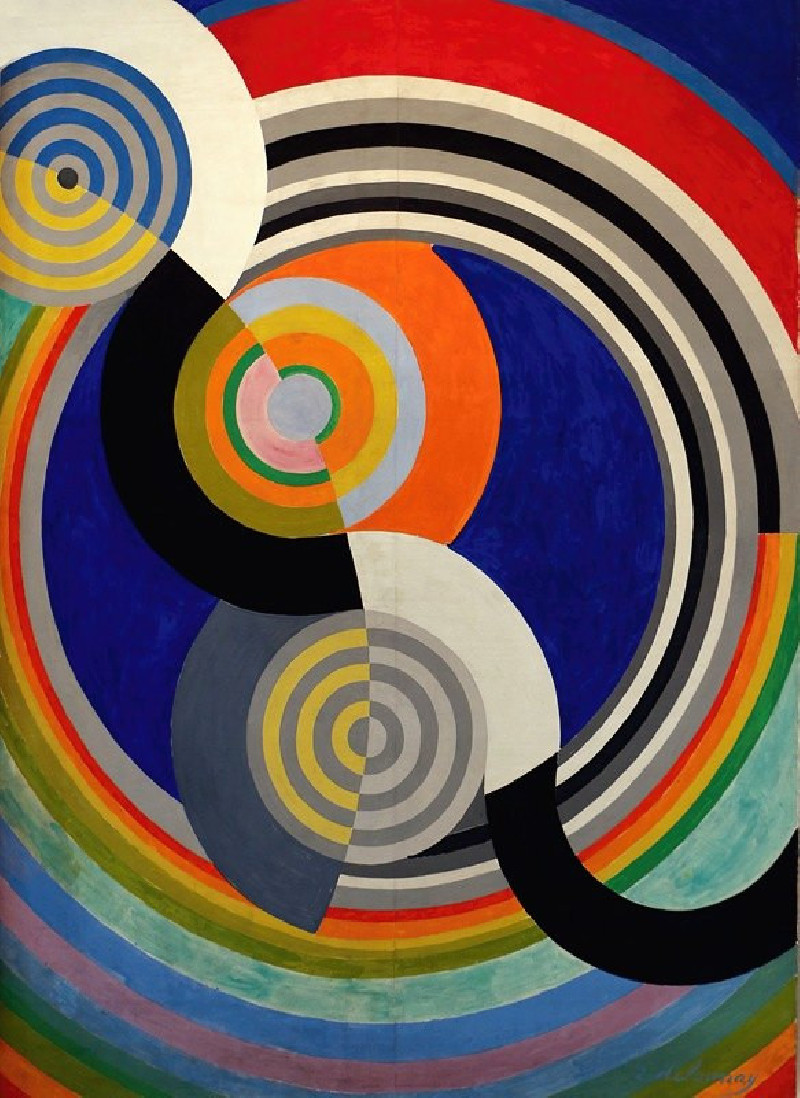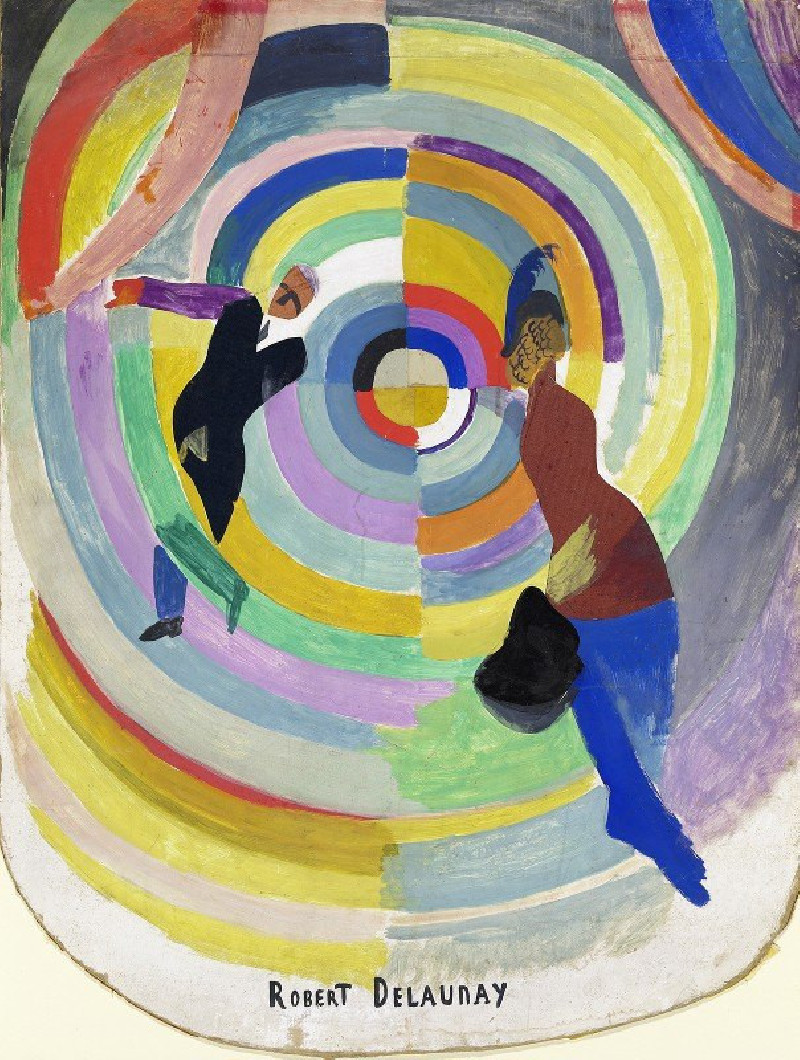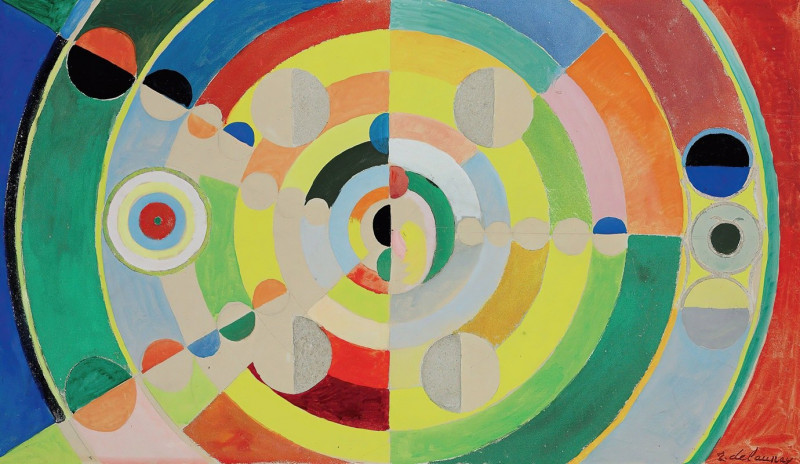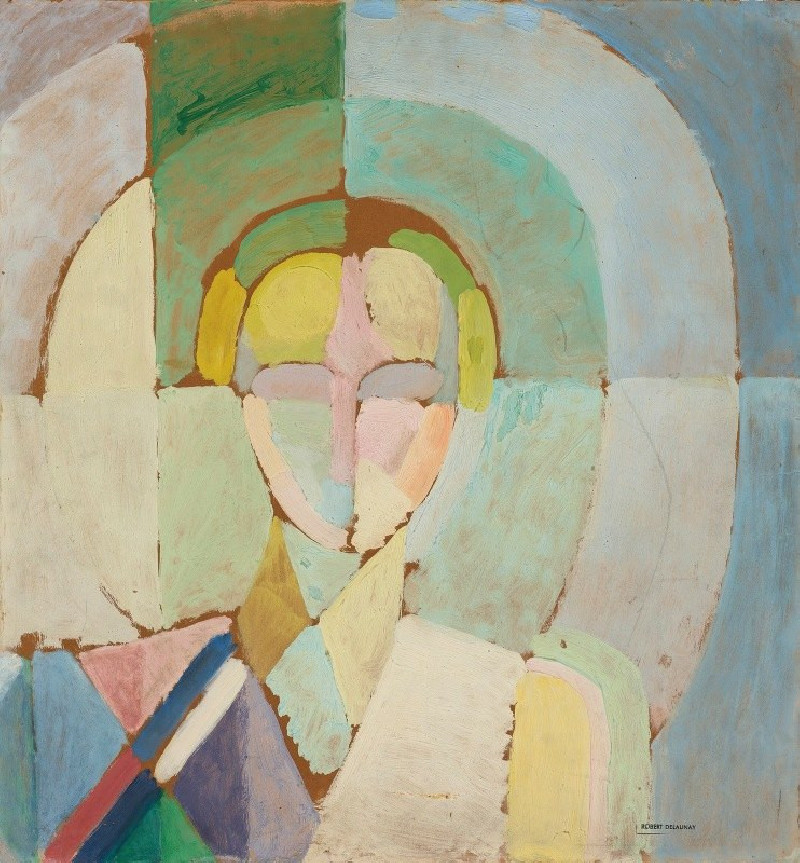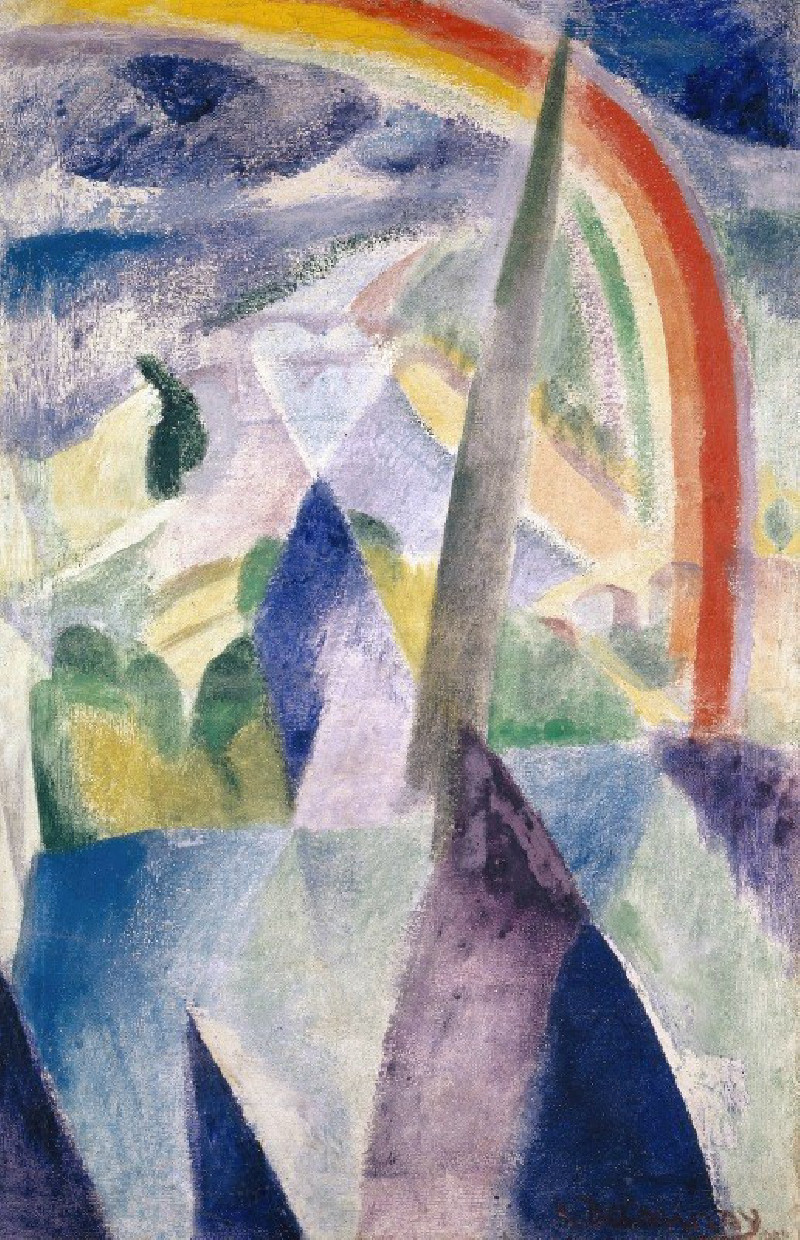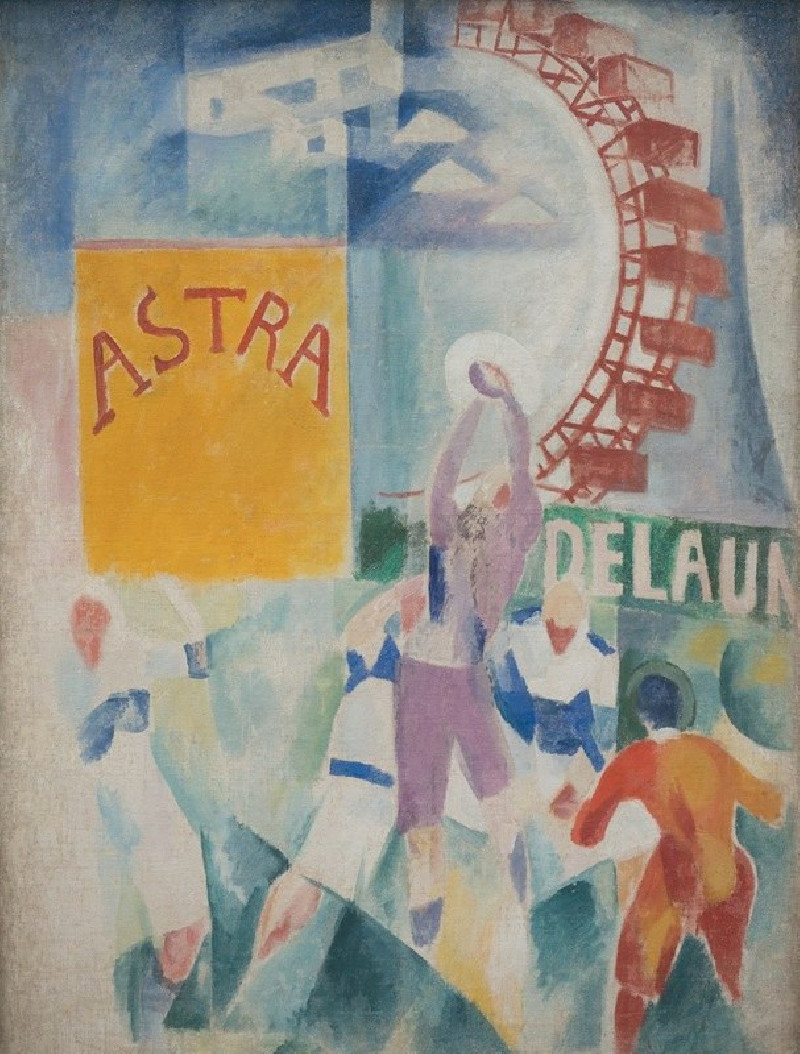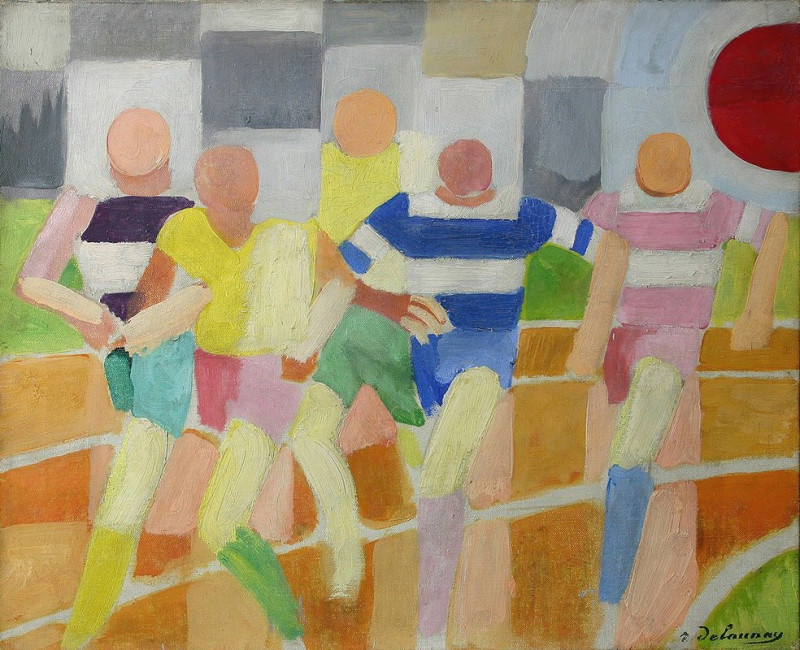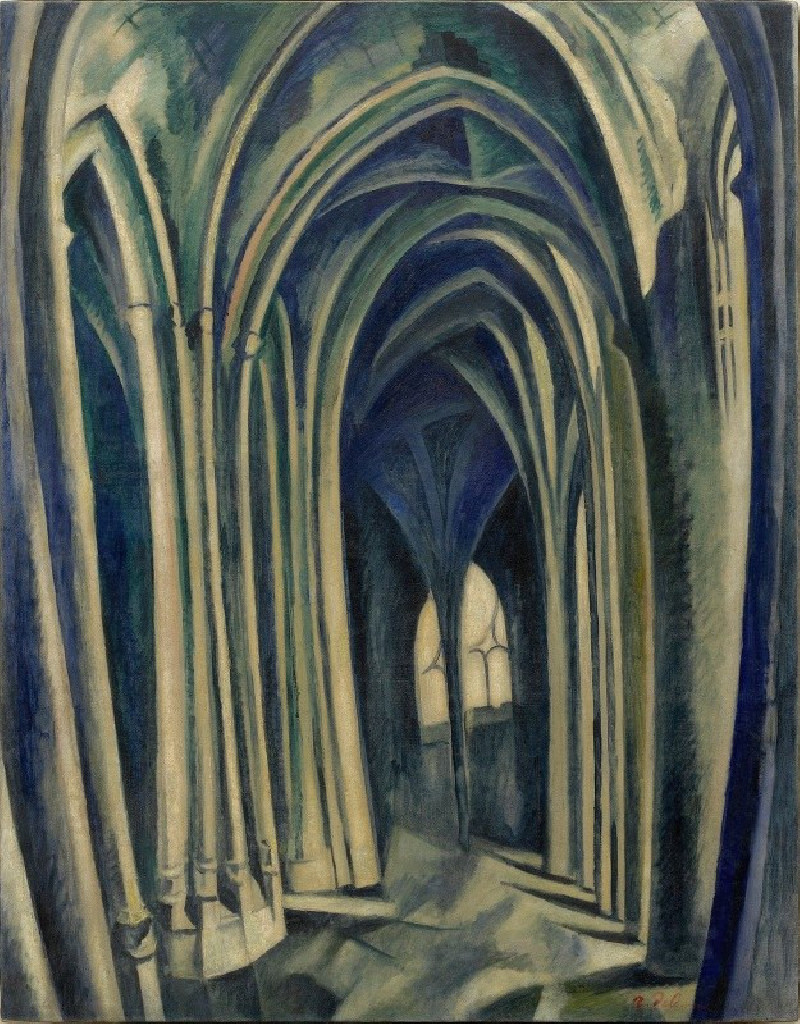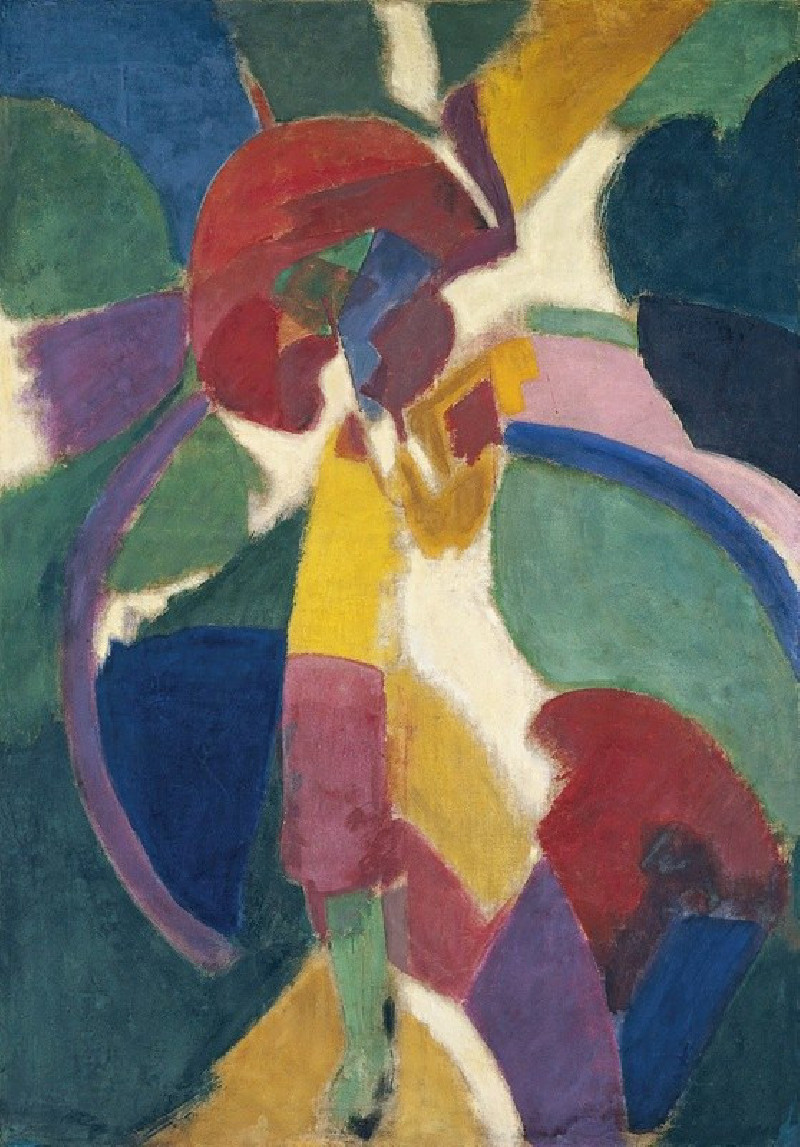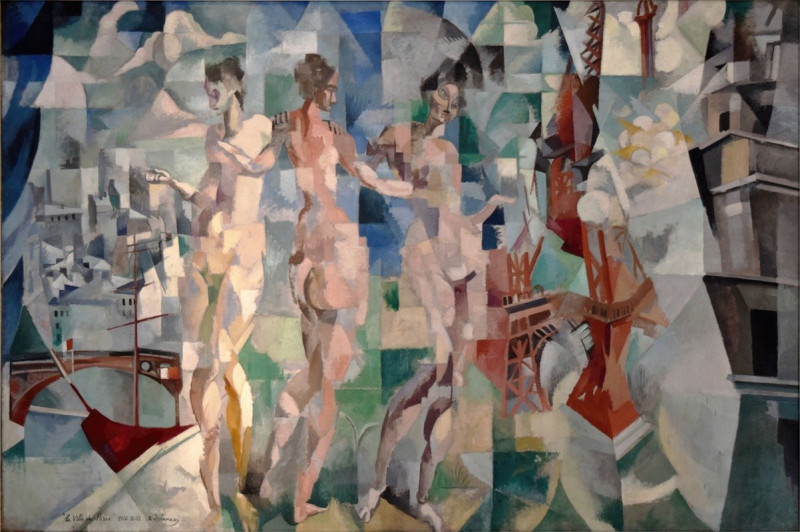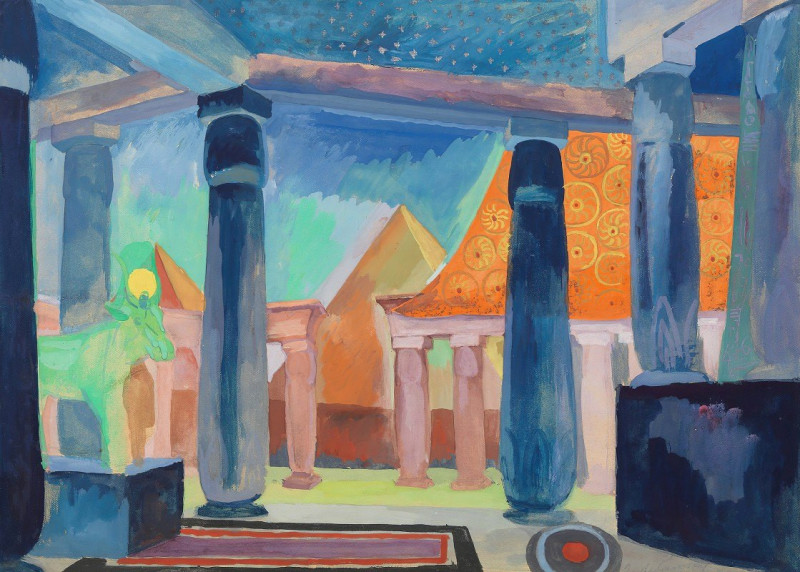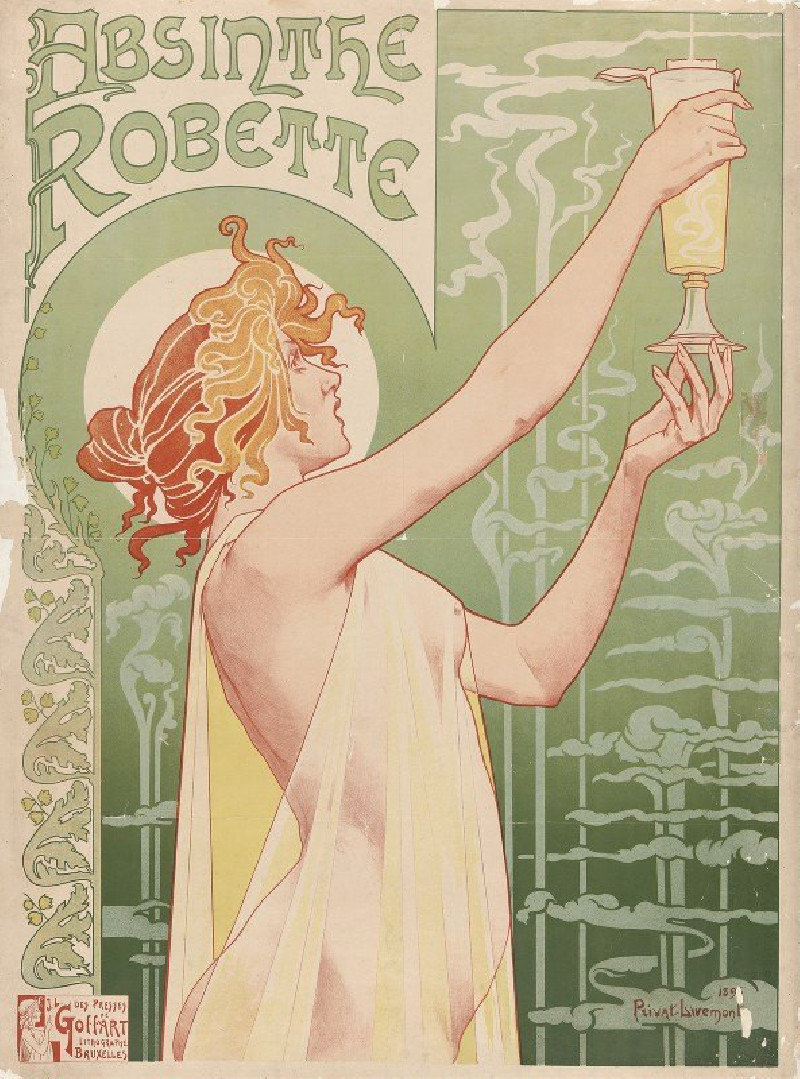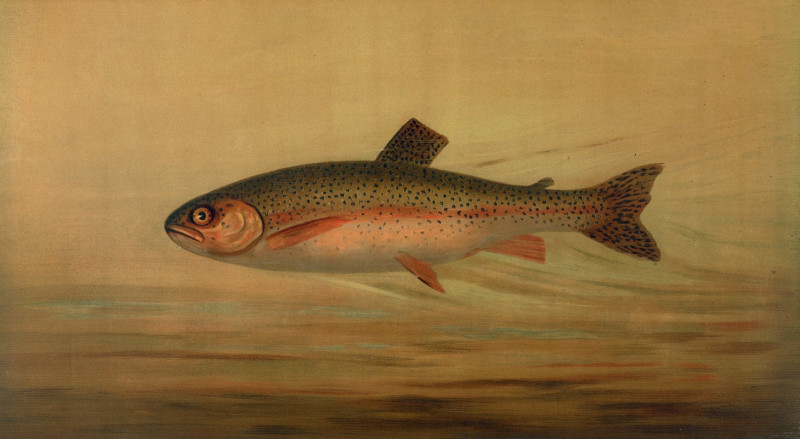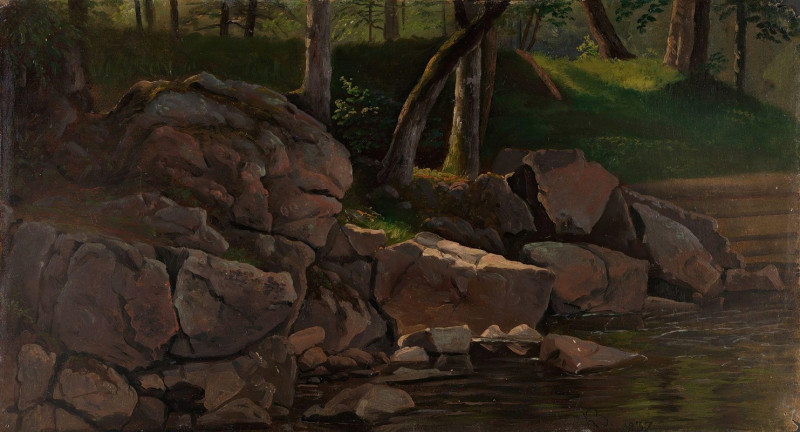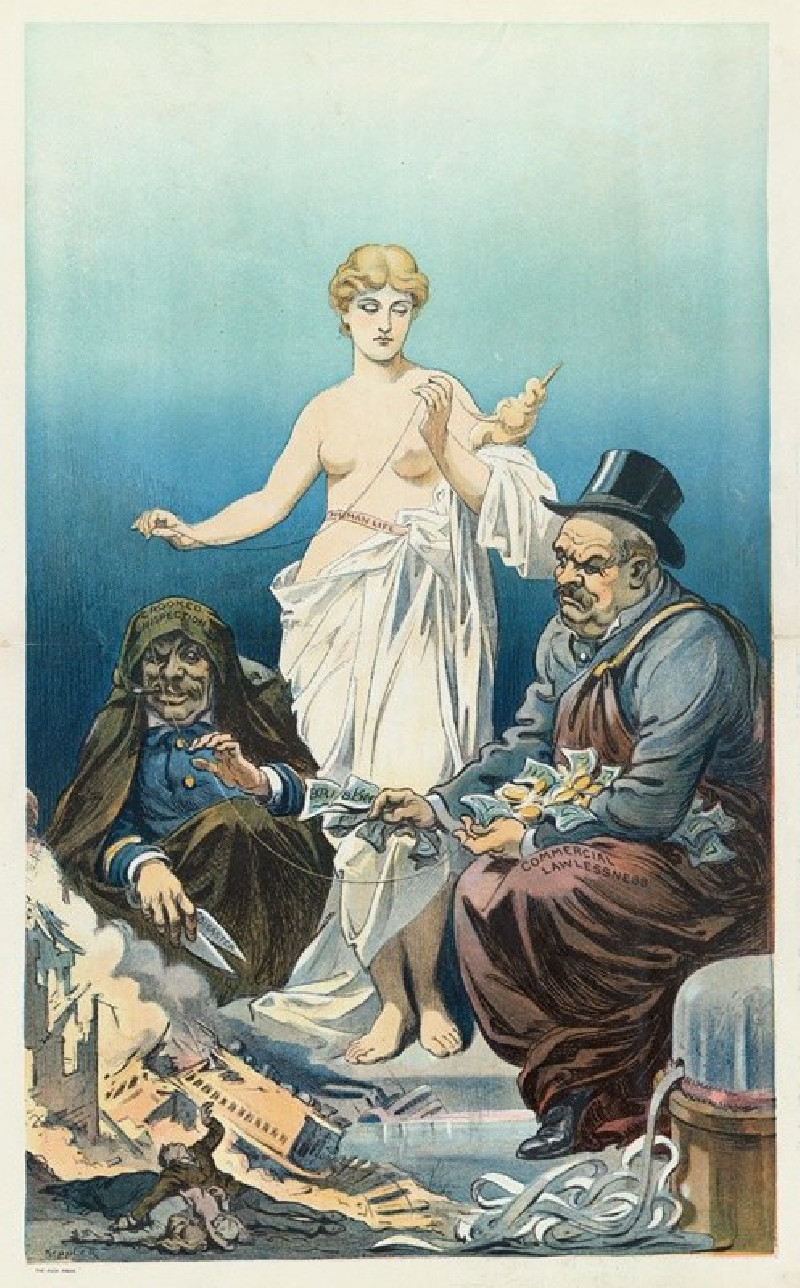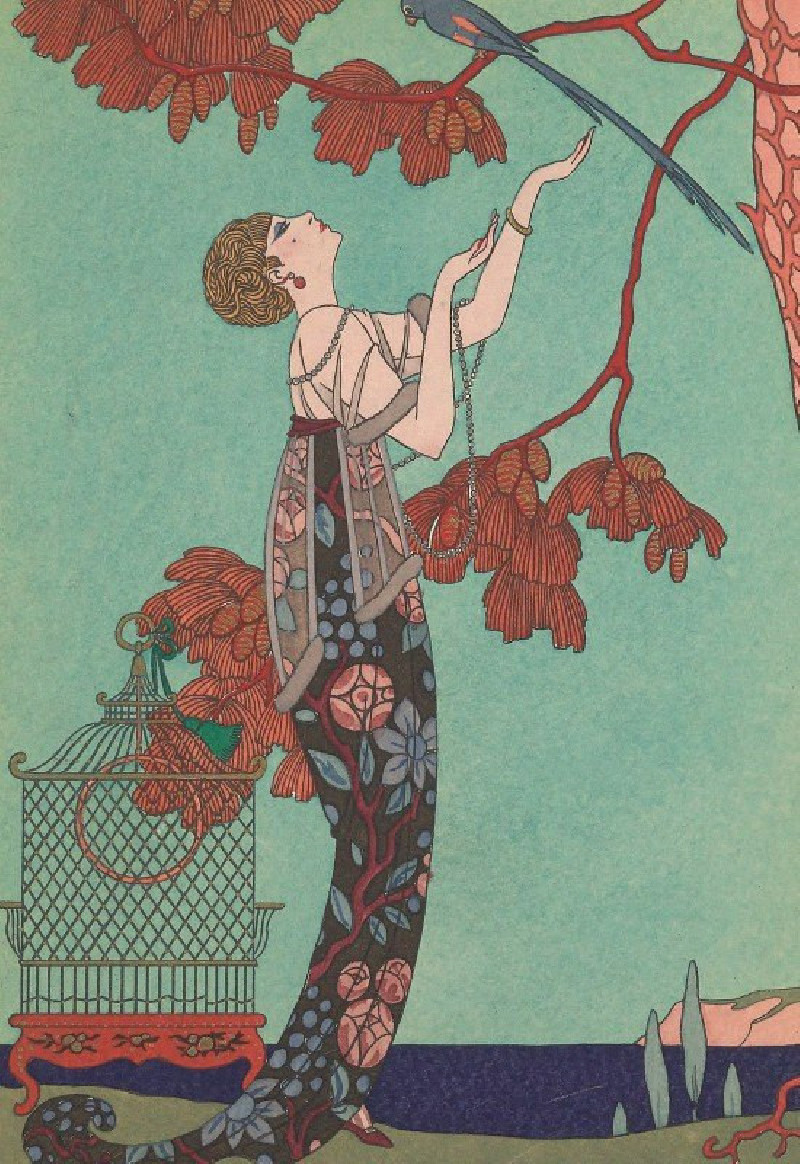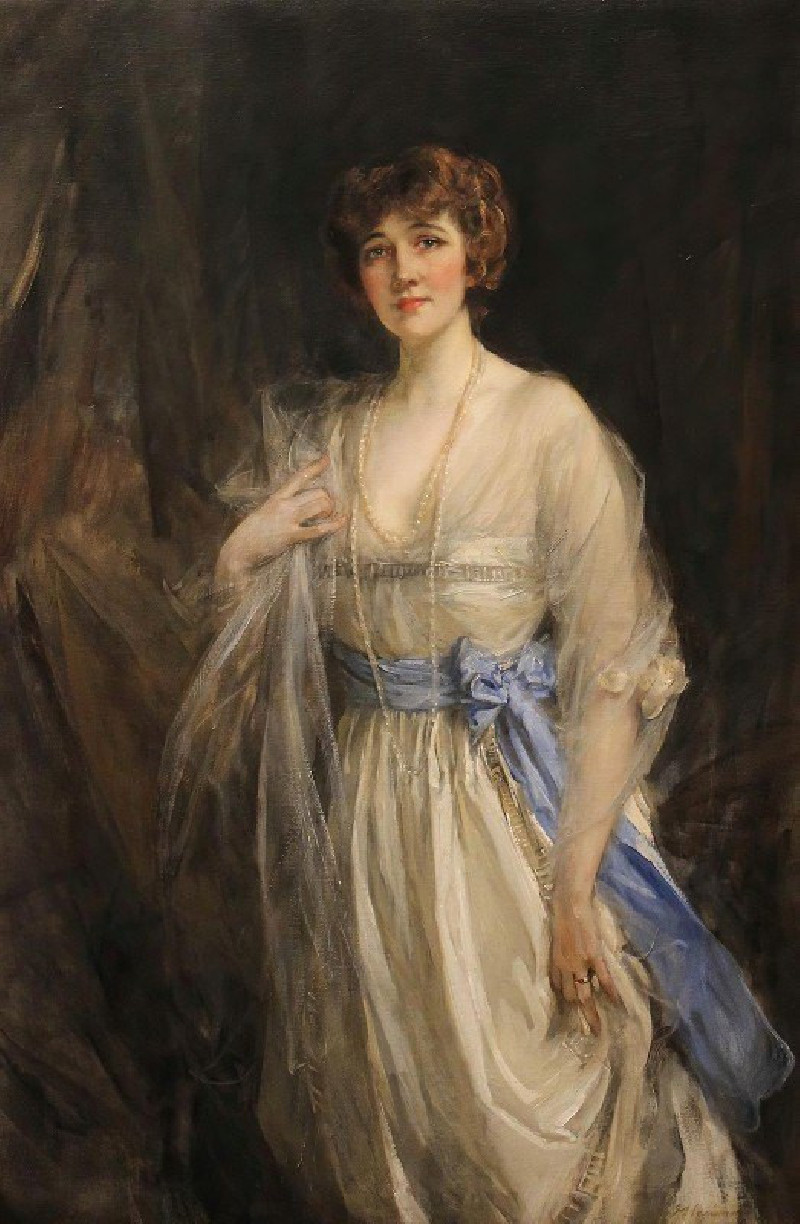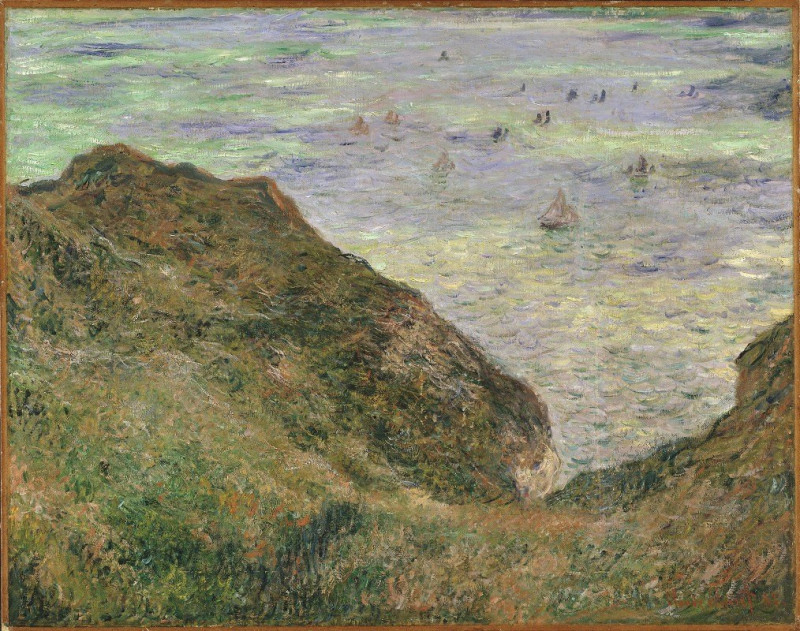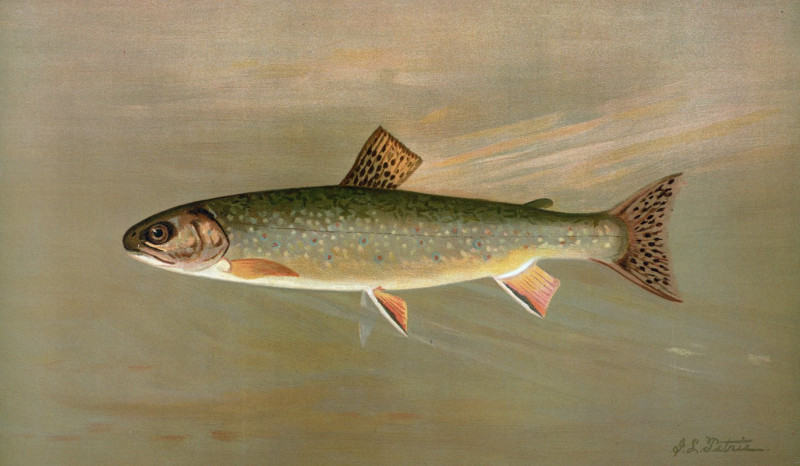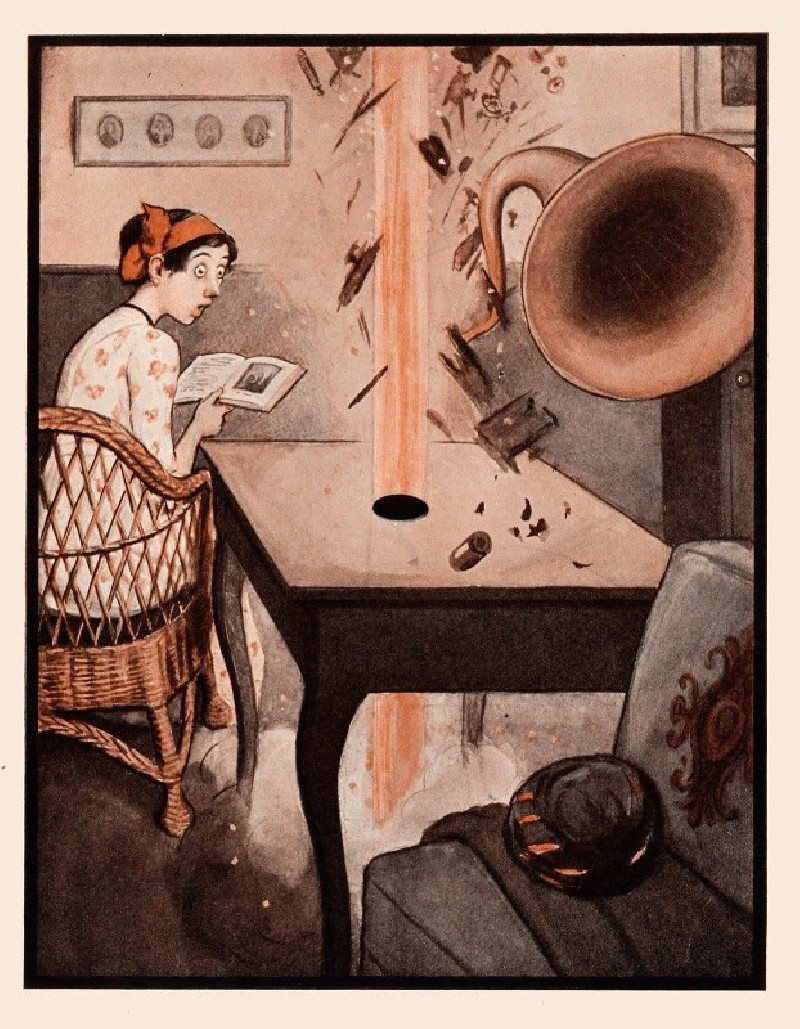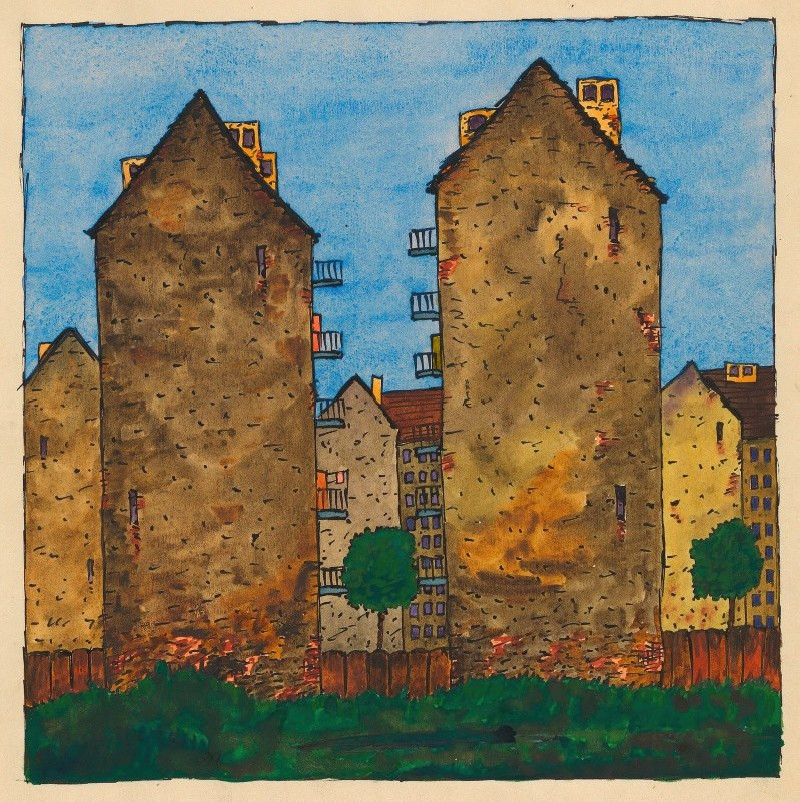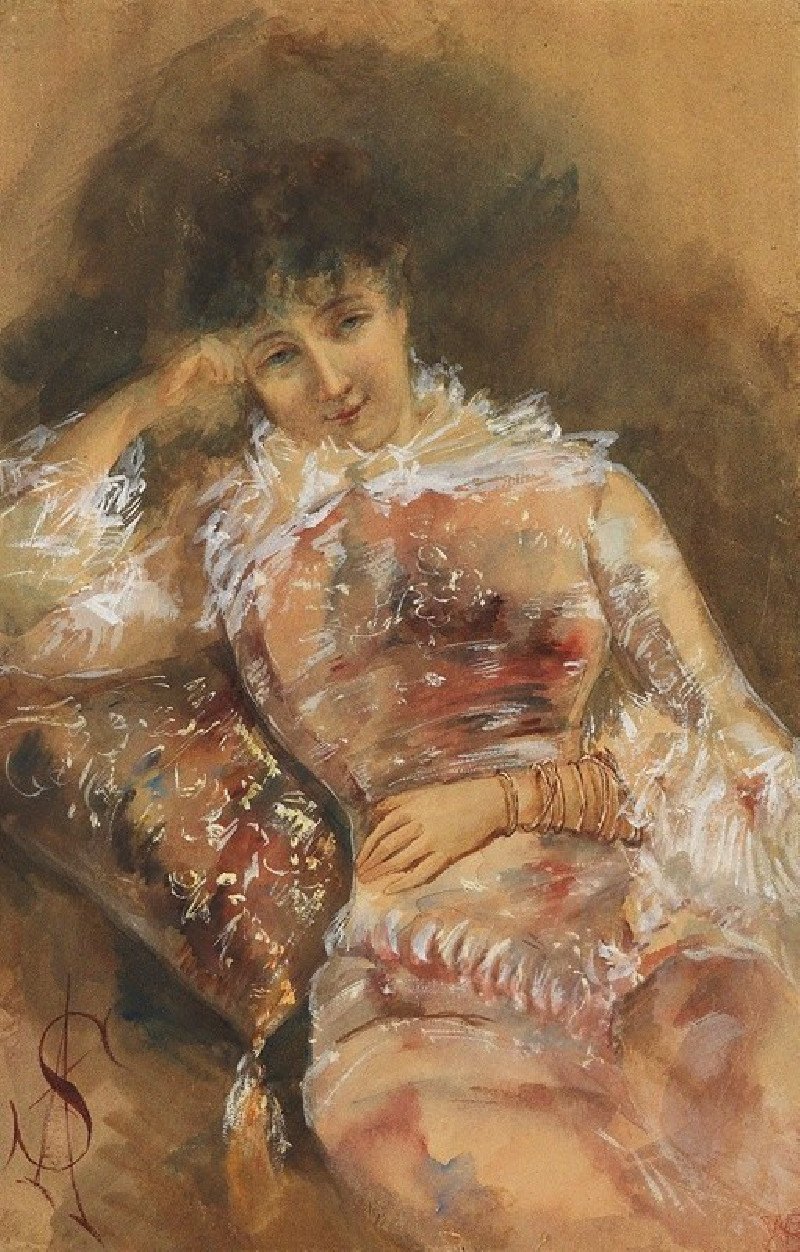The Three Windows, the Tower and the Wheel (1912)
Technique: Giclée quality print
Recommended by our customers
More about this artwork
Robert Delaunay's 1912 painting, "The Three Windows, the Tower and the Wheel," is a striking example of early twentieth-century Orphism, an offshoot of Cubism that emphasized bold colors and the representation of light. This painting showcases Delaunay’s fascination with color theory, urban landscapes, and the dynamic movement of modern life.In this work, Delaunay fragments and reconstructs aspects of the urban environment to create a vibrant, almost rhythmic composition. The painting features geometric forms and planes that seem to intersect and overlap, creating a sense of depth and dynamism. Dominant in the composition are elements suggested by the title: windows, a tower, and a Ferris wheel, each merging into a kaleidoscope of hues.The windows, depicted through triangular and rectangular shapes, convey different perspectives and light effects, playing with the viewer’s perception. The tower, represented with both curved and angular lines, rises amidst these windows, suggesting its role as a steadfast urban icon. Meanwhile, the wheel on the right side of the canvas, possibly a Ferris wheel, introduces a circular dynamic, contrasting with the angularity of the other elements and emphasizing movement and the cyclical nature of everyday urban life.Delaunay’s use of color transitions from cool to warm tones, guiding the eye across the canvas and infusing the composition with life and energy. This technique not only highlights his deep interest in light but also captures the vibrancy and rhythm of the city."The Three Windows, the Tower and the Wheel" is more than just a depiction of a cityscape; it is an exploration of how light and color can transform our understanding of space and structure in art.
Delivery
Returns
Robert Delaunay was a French artist who, with his wife Sonia Delaunay and others, co-founded the Orphism art movement, noted for its use of strong colours and geometric shapes.
Robert was born on April 12, 1885, in Paris. In 1902, after secondary education, he apprenticed in a studio for theater sets in Belleville. In 1903 he started painting and by 1904 was exhibiting.

